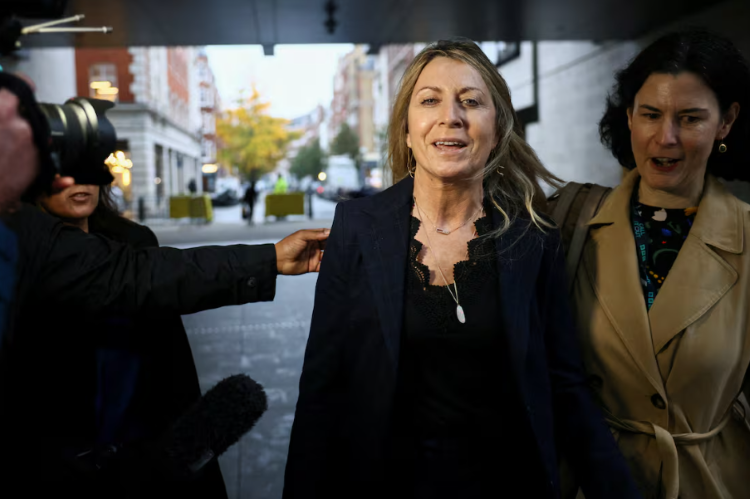(BBC News) The BBC is in the midst of a crisis after its director general and head of news resigned, and US President Donald Trump threatened it with a $1-billion lawsuit.
The corporation has been under fire after criticism that a Panorama documentary misled viewers when it edited a speech by Trump, making it look like he was explicitly urging people to attack the US Capitol.
On Monday, BBC chairman Samir Shah apologised for that “error of judgement”. Trump has demanded a retraction, an apology and compensation, and has given the BBC a deadline of Friday to respond.
Concerns over the Trump documentary emerged when a leaked internal memo was published by the Telegraph newspaper. The memo also criticised the BBC’s reporting of trans issues, and BBC Arabic’s coverage of the Israel-Gaza war.
The Panorama documentary, called Trump: A Second Chance?, was broadcast on October 28, 2024, just days before the US presidential election.
Last week, the Telegraph published a report, saying it had seen a leaked BBC memo from Michael Prescott, a former independent external adviser to its editorial standards committee. He left the role in June, saying said he sent it in “despair at inaction by the BBC Executive”.
The memo suggested that the one-hour Panorama program had edited parts of Trump’s speech together, so he appeared to explicitly encourage the Capitol Hill riot of January 2021.
In his speech in Washington DC on January 6, 2021, Trump said: “We’re going to walk down to the Capitol, and we’re going to cheer on our brave senators and congressmen and women.”
However, in the Panorama edit, he was shown saying: “We’re going to walk down to the Capitol… and I’ll be there with you. And we fight. We fight like hell.”
The two sections of the speech that were edited together were more than 50 minutes apart.
The “fight like hell” comment was taken from a section where Trump discussed how “corrupt” US elections were. In total, he used the words “fight” or “fighting” 20 times.
The document said Panorama’s “distortion of the day’s events” would leave viewers asking: “Why should the BBC be trusted, and where will this all end?”
When the issue was raised with managers, the memo continued, they “refused to accept there had been a breach of standards”.
The BBC has received more than 500 complaints since the Telegraph’s story was published, said Samir Shah in a letter to Dame Caroline Dineage, chair of the Culture, Media and Sports Committee, on November 10.
“It has also prompted further reflection from the BBC,” he said.
“The conclusion of that deliberation is that we accept that the way the speech was edited did give the impression of a direct call for violent action. The BBC would like to apologise for that error of judgement.”
After director general Tim Davie and head of news Deborah Turness resigned on Sunday, President Trump said top people in the BBC were quitting or being fired “because they were caught ‘doctoring’ my very good (PERFECT!) speech of January 6th”.
“These are very dishonest people who tried to step on the scales of a Presidential Election,” he wrote. “What a terrible thing for Democracy!”
His lawyers have sent a letter to the BBC threatening legal action.
It sets out three demands:
- Immediately issue a full and fair retraction of the documentary and any and all other false, defamatory, disparaging, misleading, and inflammatory statements about President Trump in as conspicuous a manner as they were originally published
- Immediately issue an apology for the false, defamatory, disparaging, misleading, and inflammatory statements about President Trump
- Appropriately compensate President Trump for the harm caused
The BBC has been given a deadline to respond of Friday, November 14, at 22:00 GMT. The letter adds that if the BBC does not comply, the president will “enforce his legal and equitable rights… including by filing legal action for no less than $1 billion in damages”.
The BBC has said it will respond in due course.
The president’s lawyer has said Trump plans to sue the BBC for defamation in his home state of Florida.


